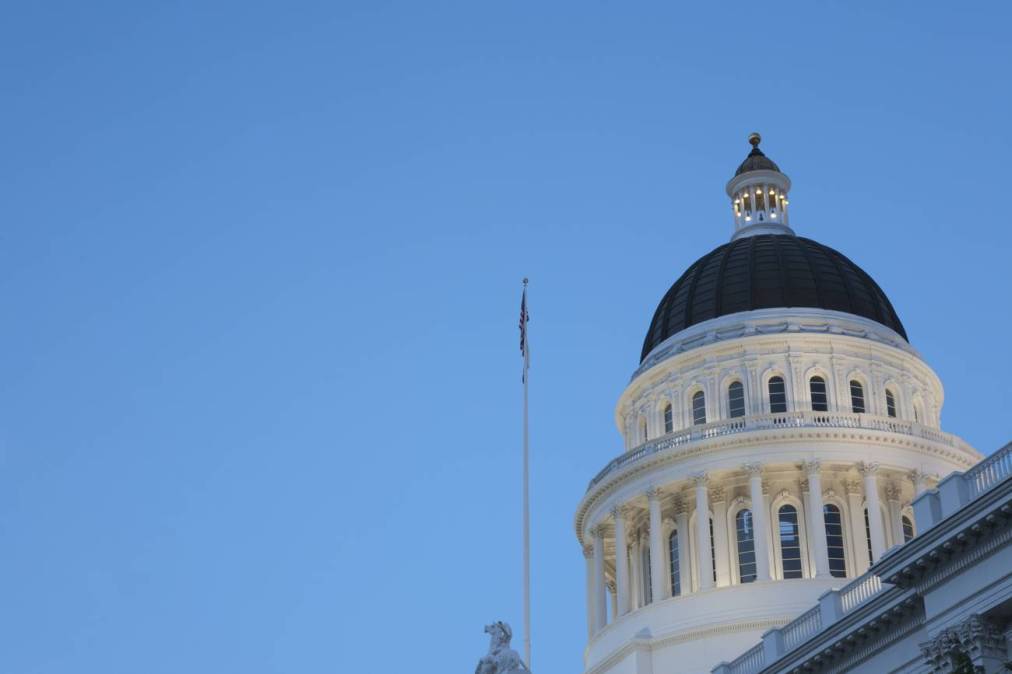California’s high-risk AI bill fails to advance

A California artificial intelligence bill that would have addressed the use of automated decision systems in hiring and other consequential matters failed to advance in the state assembly during the final hours of the 2025 legislative session Friday.
The bill, AB 1018, would have required companies and government agencies to notify individuals when automated decision systems were used for “consequential decisions,” such as employment, housing, health care and financial services.
Democratic assemblymember Rebecca Bauer-Kahan, the bill’s author, paused voting on the legislation until next year to allow for “additional stakeholder engagement and productive conversations with the Governor’s office,” according to a Friday press release from her office.
“This pause reflects our commitment to getting this critical legislation right, not a retreat from our responsibility to protect Californians,” Bauer-Kahan said in the release. “We remain committed to advancing thoughtful protections against algorithmic discrimination.”
The Business Software Alliance, a global trade association that represents large technology companies and led an opposition campaign, argued that the legislation would have unfairly subjected companies using AI systems “into an untested audit regime” that risked discouraging responsible adoption of AI tools throughout the state.
“Setting clear, workable, and consistent expectations for high-risk uses of AI ultimately furthers the adoption of technology and more widely spreads its benefits,” Craig Albright, senior vice president at BSA, said in an emailed statement. “BSA believes there is a path forward that sets obligations for companies based on their different roles within the AI value chain and better focuses legislation to ensure that everyday and low-risk uses of AI are not subjected to a vague and confusing regulatory regime.”
After it was introduced in February, the bill was amended to narrow when AI audits are required, clarify what kinds of systems and “high-stakes” decisions are covered, exempt low-risk tools like spam filters and add protections for trade secrets while limiting what audit details must be made public. It also refined how lawsuits and appeals work and aligned the bill more clearly with existing civil rights laws.
AB 1018’s failure follows the Colorado state legislature’s vote to delay implementing the Colorado AI Act, the state’s high-risk artificial intelligence legislation, until the end of June next year, five months after the law was supposed to go into effect. Similar to California’s AI bill, Colorado’s law would regulate high-risk AI systems in areas like hiring, lending, housing, insurance and government services.






